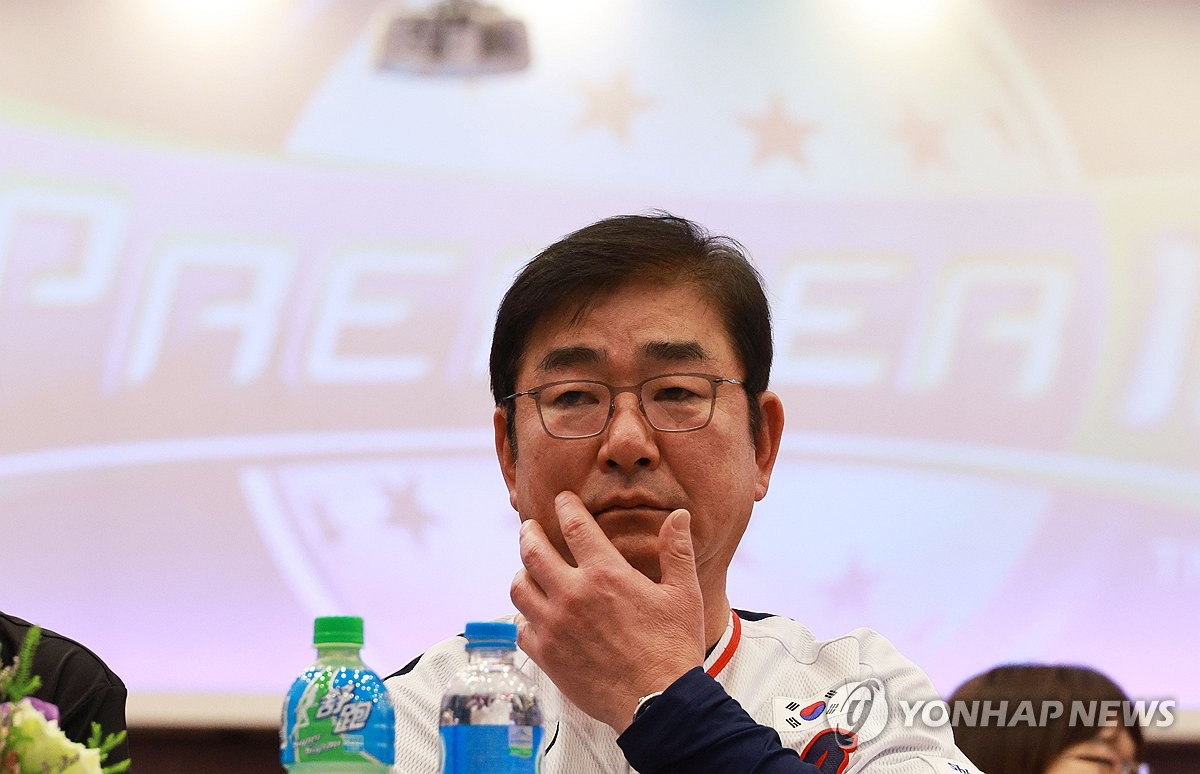Supreme Court Reins in ‘Bulldozer Justice,’ Affirms Rule of Law
In a landmark ruling, the Supreme Court of India has taken a firm stand against the controversial practice of ‘bulldozer justice,’ which has seen state authorities demolishing the homes of individuals accused of crimes without due legal process. The bench, comprising Justice BR Gavai and Justice KV Viswanathan, emphasized that the Executive branch cannot usurp the functions of the Judiciary, establishing critical boundaries for state action under the Constitution.
The Judgment: Upholding the Rule of Law
On [insert date here], the Supreme Court addressed petitions challenging the use of state-led demolitions against individuals accused of wrongdoing. ‘Bulldozer justice’—a term referring to excessive and arbitrary demolitions—has emerged across several Indian states, with officials asserting that only illegal structures are being razed. However, the Court underscored the importance of adhering to the rule of law, explicitly stating, "The legal process should not prejudge the guilt of the accused."
Justice Gavai articulated a shared aspiration among families for home ownership, questioning whether the Executive should have the authority to arbitrarily remove shelter from individuals simply based on allegations. “For the average citizen, constructing a house represents years of hard work and dreams,” he remarked, reinforcing the intrinsic value of homeownership as a symbol of stability and security.
The Separation of Powers
The ruling highlighted the principle of separation of powers, stating that adjudicative functions are the exclusive domain of the judiciary. "The Executive cannot replace the judiciary," the bench declared, reinforcing the Constitutional framework that protects individuals from arbitrary state actions. "If the executive demolishes a house merely because one is accused, it violates the principle of separation of powers."
The Court emphasized the need for public accountability, underscoring that state officials must not engage in arbitrary actions. "If any officer of the State has abused his power or acted in a malafide manner, he cannot be spared," it stated, asserting that accountability is essential to preventing abusive practices.
Guidelines for Demolition
Utilizing its powers under Article 142 of the Constitution, the Supreme Court established strict guidelines governing demolition procedures. Key stipulations include:
- Showcause Notice Requirement: No demolition should occur without serving a showcause notice to the affected individual.
- Response Period: The recipient must be given 15 days to respond or the timeframe allowed under local civic laws, whichever is longer.
- Detailed Explanation: The notice must include the nature of the alleged unauthorized construction, specific violation details, and the grounds for demolition.
- Hearing: Authorities must hear the accused and provide a final order based on the evidence presented.
- Consequences for Non-Compliance: Violations of these directives may lead to contempt proceedings against the officials involved.
The Court warned that if demolitions were found to be unlawful, responsible officers would be held accountable for restoring the property, with restitution costs being recouped from their salaries.
Implications for the Public and Technology Industry
This ruling carries significant implications not only for civil liberties but also for the technological landscape in India. The ethical use of technology for surveillance and law enforcement is paramount as citizens increasingly rely on digital platforms for housing, legal rights, and community engagements. The Court’s reiteration of due process reinforces the necessity for transparency in the use of technology by state officials, potentially affecting how cities manage urban planning and law enforcement in the digital age.
Encouraging Civic Dialogue
With the Supreme Court’s decision spotlighting the critical balance between state authority and individual rights, the public is encouraged to engage with these vital issues. Can technology enhance due process and protect against arbitrary actions? How can citizens ensure their rights are preserved in the face of state actions?
As discussions around justice, technology, and governance continue, we invite you to share your thoughts and experiences in the comments below. For more insights on technological impacts and legal rights, check out related articles on [Shorty-News](insert link here) and consider exploring authoritative sources like TechCrunch or Wired for a broader understanding of these pressing matters.
This judgment serves as a reminder that the foundations of democracy and justice are intact, and it is the collective responsibility of citizens, technology developers, and policymakers to uphold these principles in an increasingly complex world.


